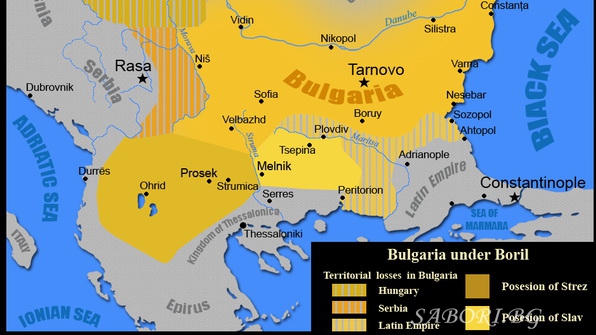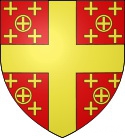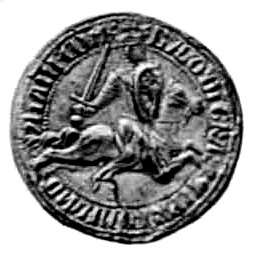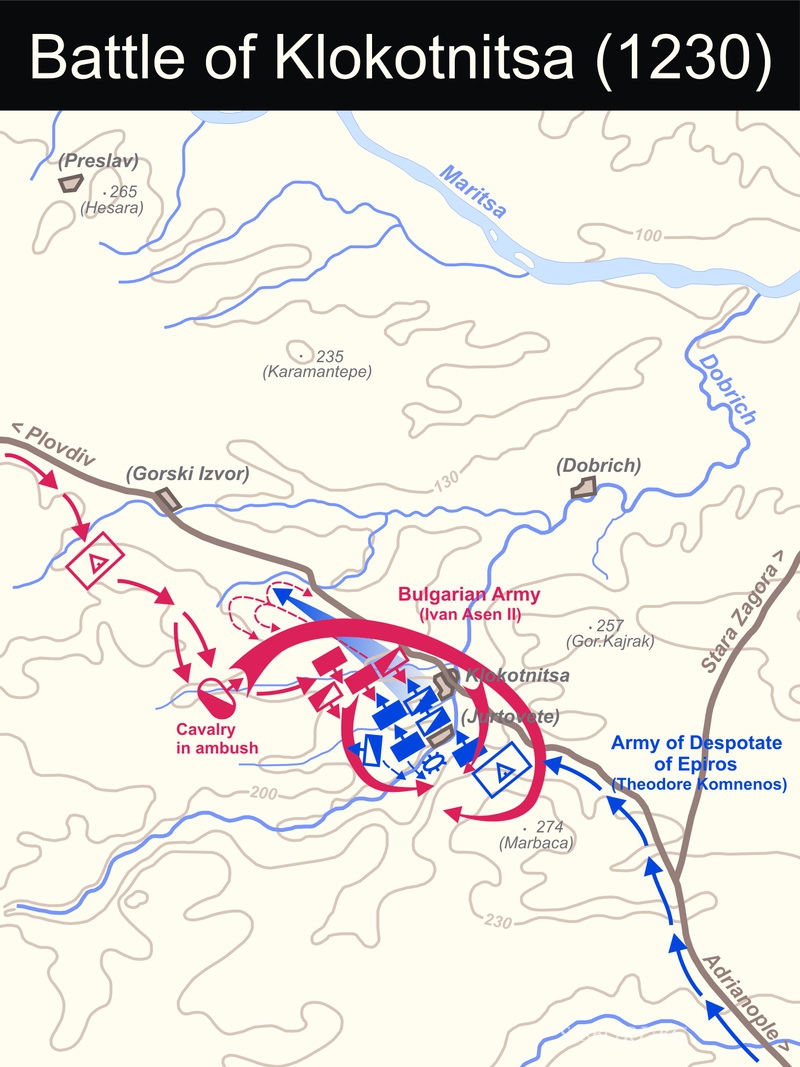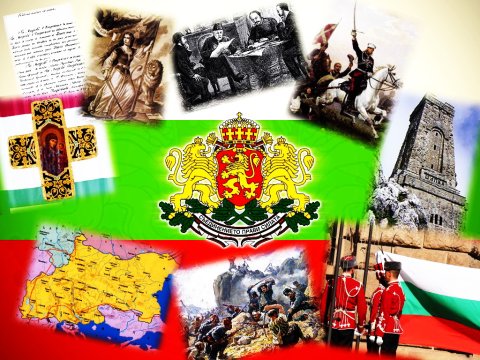The Duchy of Philippopolis was a short-lived duchy of the Latin Empire founded after the collapse and partition of the Byzantine Empire by the Fourth Crusade in 1204. It included the city of Philippopolis (modern Plovdiv, Bulgaria) and the surrounding region. From 1204 to 1205 it was ruled by Renier of Trit. It was captured for a short time by Emperor Kaloyan of Bulgaria in 1207 but was lost by his successor Boril following his defeat at the Battle of Philippopolis in 1208.
Renier of Trit was a knight from Trith-Saint-Léger, Hainaut, who took part to the Fourth Crusade and became the first Frankish duke of Philippopolis from 1204 to 1205. Born in Valenciennes, he was probably the son of a castellan of the town mentioned in 1141. He seems to appear in the official record in 1180. After the accession of Baldwin IX as Count of Flanders in 1194 he appears on several important acts of Baldwin, including the treaty between the latter and Richard Lionheart in June/July 1197 and another in 1199 with John Lackland. He took the cross alongside his suzerain; in the spring 1203, in Corfu, he was one of the few leaders who advocated in favor of the diversion of the crusade to Constantinople.

|

|
After the conquest of Constantinople and the establishment of the Latin Empire, Renier was granted Philippopolis and the territory as far as the river Maritsa by Emperor Baldwin I following the October 1204 partition of the conquered and yet to be conquered lands of the Byzantine Empire. Renier's land lay within the modern realm of Bulgaria, in territory claimed by Byzantium and subsequently the Franks.

|

|
Renier's first campaigns that fall and winter to take possession of his imperial fief were successful, but the next year Bulgarian tsar Kaloyan swooped down and took Adrianople and threatened Philippopolis. Renier was abandoned by his son Renier, his brother Gilles, his nephew James of Bondues and his son-in-law Achard of Verli, which tried to go to Constantinople but were captured and executed by Kaloyan. With only a small force remaining at his command, Renier holed up in the castle of Stenimaka. It was during an effort to relieve Adrianople that Emperor Baldwin was captured. In the summer of 1205, the Paulicians of Philippopolis tried to surrender the city to Kaloyan, but Renier sallied from his fortress and razed their quarter of the city, leaving the rest to the brave defence of the united Latin and Greek populations, who declared Alexios Aspietes as emperor. Nevertheless, the city was taken and the Greek quarter burned. Later that same year, the imperial regent Henry of Flanders marched into Bulgaria and relieved Stenimaka and Renier in July 1206.
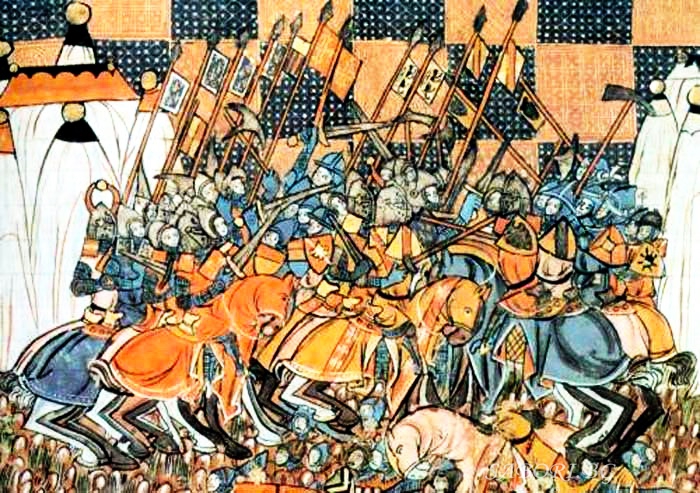
|

|
In ca. 1223/24, the then lord of Philippopolis, Gerard of Estreux (otherwise known as Gerard or Girard of Stroim, perhaps a form of Estrœung - Étrœungt - or Estreux) declared himself prepared to acknowledge the suzerainty of the Republic of Venice over a part of his possessions. In the draft treaty concluded in december 1228 between John of Brienne and the regents of the Latin Empire, it was agreed that after his death, John's heirs would either take possession of the duchy (among other european territories) or of the Latin possessions in Asia Minor. However, in the treaty finally ratified in April 1229 (or 1230, according to Buchon), the rights of Gerard of Stroim over the duchy were confirmed.
John of Brienne (c. 1170 – 27 March 1237) was a French nobleman who became King of Jerusalem by marriage, and ruled the Latin Empire of Constantinople as regent.
John of Brienne was the second son of Erard II, count of Brienne, in Champagne, and of Agnes de Montfaucon. Destined originally for a clerical career, he had preferred to become a knight, and in forty years of tournaments and fights he had won himself a considerable reputation, when in 1208 envoys came from the Holy Land to ask Philip Augustus, king of France, to select one of his barons as husband to the heiress and ruler of the Kingdom of Jerusalem. Philip selected John of Brienne, and promised to support him in his new dignity. In 1210, John married the heiress (Mary) Maria (daughter of Isabella and Conrad of Montferrat), assuming the title of king in right of his wife. In 1211, after some desultory operations, he concluded a five years' truce with Malik-el-Adil; in 1212 he lost his wife, who left him a daughter, Yolande (also known as Isabella); soon afterwards he married the princess Stephanie, daughter of Leo I, King of Armenia.

|
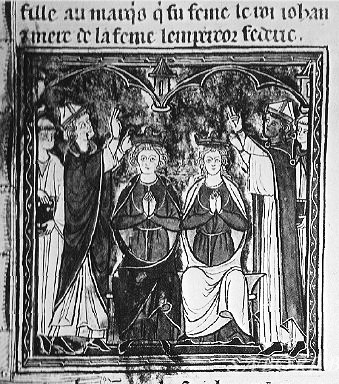
|
In 1229, John was invited by the barons of the Latin Empire of Constantinople to become emperor-regent, on condition that Baldwin of Courtenay should marry his second daughter and succeed him. He then ruled in Constantinople, and in 1235, with a few troops, he repelled a siege of the city by John III Doukas Vatatzes, emperor of Nicaea, and Ivan Asen II of Bulgaria, leading a successful cavalry charge which killed some 10,000 enemy soldiers. After this last feat of arms, which has perhaps been exaggerated by the Latin chroniclers, who compare him to Hector, Roland and the Maccabees, John died in the habit of a Franciscan friar. An aged paladin, he was somewhat uxorious and always penniless, and a typical knight errant whose wanderings led him all over Europe, and planted him successively on the thrones of Jerusalem and Constantinople.
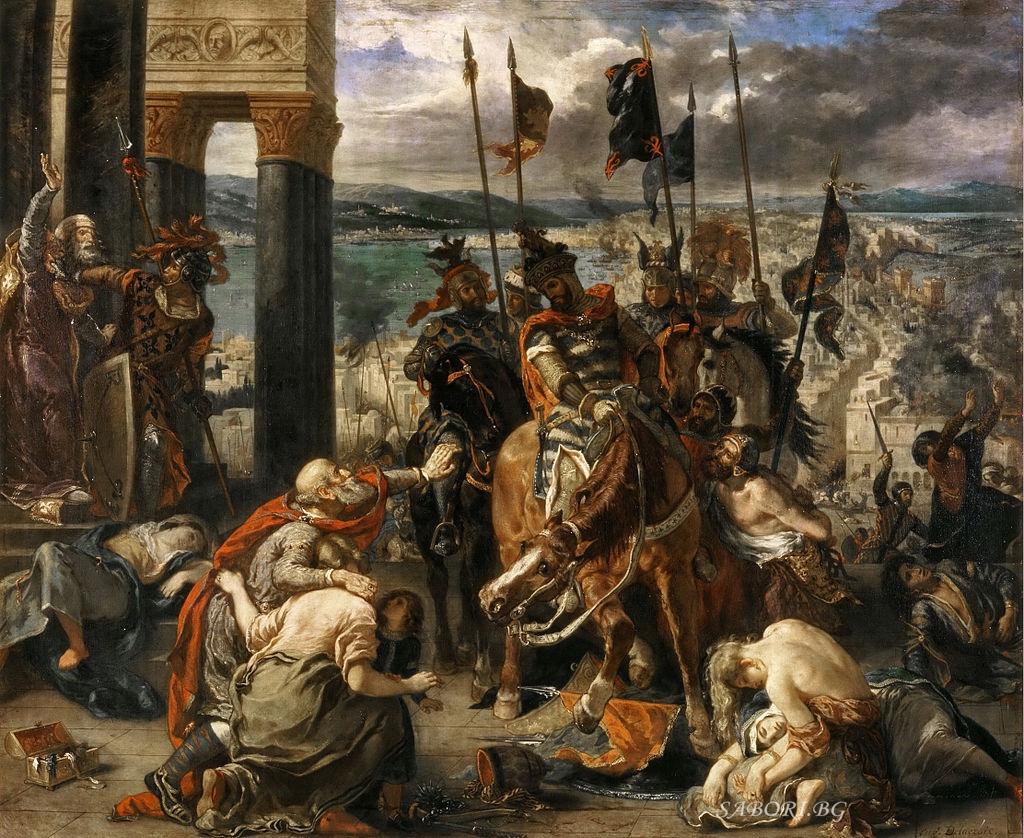
The territory of the duchy finally joined the Bulgarian Empire in 1230, in the aftermath of Tsar Ivan Asen II's victory over the Empire of Thessalonica at the Battle of Klokotnitsa.
